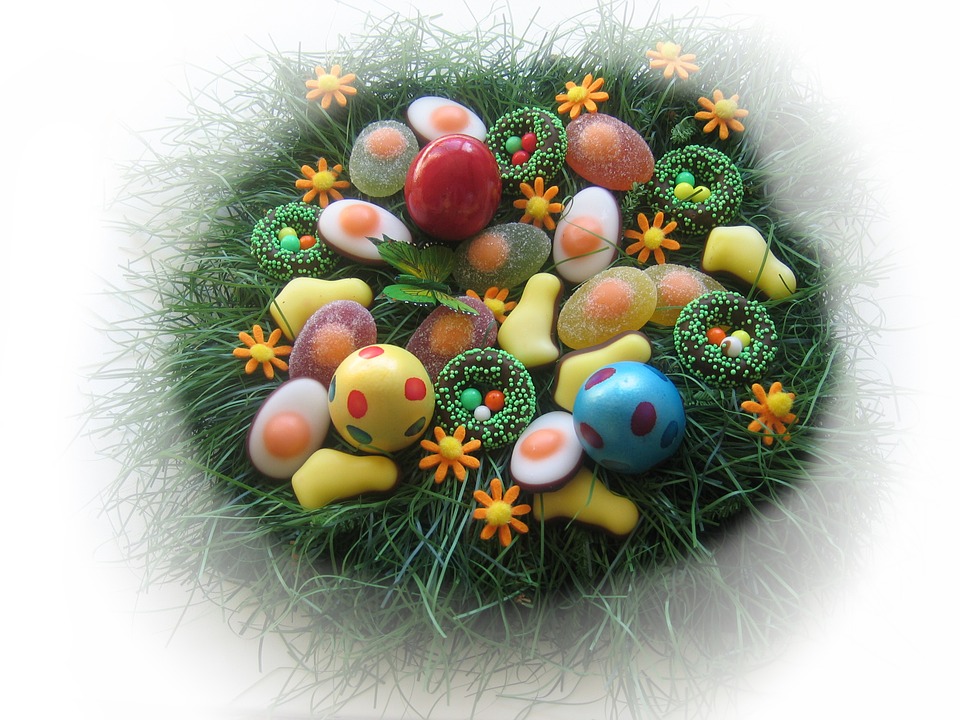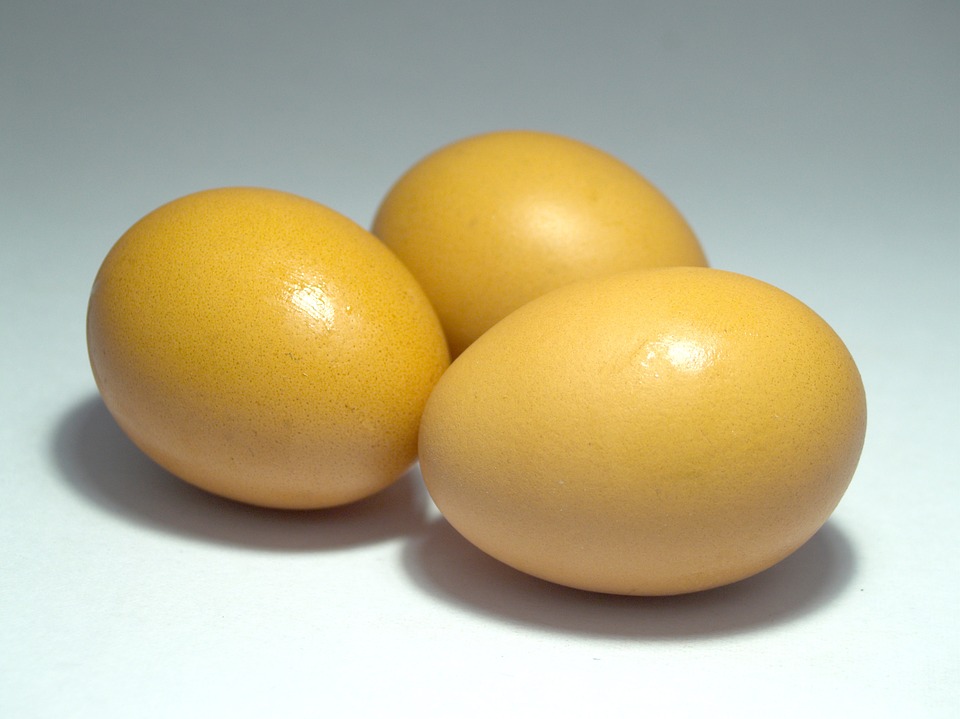This article will explore the question of whether cats can safely eat eggs, examining the nutritional benefits and potential risks associated with feeding them to your feline companion. We'll delve into the different ways to prepare eggs for your cat, and provide guidance on how to introduce this new food into their diet safely and responsibly. We'll also discuss the potential risks associated with feeding raw eggs, and offer some common FAQs on the topic.
Part 1: Nutritional Benefits of Eggs for Cats

1.1 Protein Powerhouse
Eggs are a fantastic source of high-quality protein, a vital nutrient for cats. Protein is essential for building and maintaining muscle tissue, supporting healthy skin and coat, and ensuring proper functioning of various bodily organs. Cats require a high-protein diet due to their carnivorous nature and active lifestyle.
1.2 Essential Amino Acids
Eggs contain all ten essential amino acids that cats need but cannot produce on their own. These amino acids are the building blocks for proteins and are vital for growth, development, and overall health.
1.3 Vitamin and Mineral Richness
Eggs are a good source of several vitamins and minerals that are important for feline health, including:
- Vitamin A: Crucial for healthy vision, skin, and immune function. It supports the growth and development of epithelial cells, which line various organs and tissues.
- Vitamin B12: Essential for red blood cell production and nerve function. It plays a critical role in converting food into energy and maintaining a healthy nervous system.
- Riboflavin (B2): Supports energy production and cell growth. It is involved in many metabolic processes, including the breakdown of carbohydrates, fats, and proteins.
- Biotin (B7): Promotes healthy skin, fur, and nails. It helps to support normal keratin production, which is essential for strong and shiny fur.
- Selenium: An antioxidant that protects against cell damage and supports immune function. It helps to neutralize harmful free radicals, reducing oxidative stress.
- Choline: Supports brain function and liver health. It plays a role in the production of acetylcholine, a neurotransmitter essential for memory and learning.
- Iron: Crucial for oxygen transport and red blood cell production. It helps to carry oxygen throughout the body, ensuring adequate energy levels.
1.4 Fatty Acid Content
Eggs contain both saturated and unsaturated fatty acids, including omega-3 and omega-6 fatty acids. These essential fatty acids are crucial for maintaining healthy skin, coat, and brain function. They contribute to a glossy coat, support nerve function, and help reduce inflammation.
Part 2: Potential Risks of Feeding Eggs to Cats

2.1 Salmonella Contamination
Raw eggs can carry salmonella bacteria, which can cause food poisoning in cats. Symptoms of salmonella poisoning in cats include vomiting, diarrhoea, lethargy, loss of appetite, fever, and abdominal pain. In severe cases, it can lead to dehydration and even death.
2.2 Cholesterol Content
Eggs are a good source of cholesterol, which is a type of fat that is necessary for the production of hormones and cell membranes. However, excessive cholesterol intake can contribute to health problems like heart disease in cats. This is especially a concern for cats with pre-existing heart conditions or those at risk for obesity.
2.3 Allergic Reactions
Some cats may be allergic to eggs, which can manifest as skin irritation, digestive upset, or respiratory issues. Symptoms of egg allergy in cats can include itching, sneezing, vomiting, diarrhoea, and difficulty breathing.
2.4 Potential for Dietary Imbalance
While eggs offer nutritional benefits, feeding them exclusively or in excessive quantities can lead to a dietary imbalance. Cats require a balanced diet rich in animal protein, specific amino acids, and essential fatty acids.
Part 3: How to Safely Introduce Eggs to Your Cat's Diet

3.1 Cooking Eggs Thoroughly
Always cook eggs thoroughly before feeding them to your cat. This will kill any potential bacteria, such as salmonella. Cooking eggs until they are fully cooked through ensures the destruction of harmful bacteria.
3.2 Starting Small
When introducing eggs to your cat's diet, start with a small amount and observe their reaction. Monitor for any signs of allergy or digestive upset. This cautious approach allows you to assess your cat's tolerance and minimize the risk of adverse reactions.
3.3 Gradually Increasing Intake
If your cat tolerates eggs well, you can gradually increase the amount you offer them. However, eggs should never be a significant part of their diet. It is crucial to introduce new foods gradually to avoid overwhelming your cat's digestive system.
3.4 Avoiding Raw Eggs
Raw eggs should never be fed to cats due to the risk of salmonella contamination. The risk of salmonella poisoning is significantly higher with raw eggs, making it essential to always cook them properly.
3.5 Choosing High-Quality Eggs
Choose high-quality eggs from reputable sources to ensure they are free from contaminants. Eggs from free-range or organic sources are generally considered safer and healthier.
Part 4: Safe Ways to Prepare Eggs for Your Cat
4.1 Scrambled Eggs
Scramble eggs with a little water or milk, and cook them thoroughly. Avoid using butter or oil as these can be difficult for cats to digest. Scrambled eggs are a versatile option that can be easily incorporated into your cat's diet.
4.2 Hard-Boiled Eggs
Hard-boiled eggs are easy to prepare and a good way to provide your cat with a healthy treat. Peel the egg and cut it into small pieces before offering it to your cat. Hard-boiled eggs are a simple and convenient way to provide your cat with a nutritious snack.
4.3 Omelettes
Avoid adding any spices, salt, or onion to the omelette, as these can be harmful to cats. Onion and garlic are toxic to cats, while excessive salt can be harmful to their kidneys. Spices can be irritating to their digestive system.
Part 5: How Often Can Cats Eat Eggs?
Eggs should be considered a treat or occasional supplement to your cat's regular diet, not a primary food source. A good rule of thumb is to limit egg intake to once or twice a week. This moderation helps to prevent dietary imbalances and potential health issues.
Part 6: Considerations for Kittens and Senior Cats
Kittens and senior cats may have different dietary needs. Consult with your veterinarian before feeding eggs to these age groups. Kittens require a highly nutritious diet to support their rapid growth, while senior cats may have specific dietary requirements to address age-related health concerns.
Part 7: Can All Cats Eat Eggs?
While most cats can tolerate eggs, some may have allergies or sensitivities. It's essential to introduce eggs gradually and observe your cat's reaction. If you notice any signs of allergy, such as itching, vomiting, diarrhoea, or respiratory distress, discontinue feeding eggs and consult with your veterinarian.
Part 8: Can Cats Eat Egg Shells?
Egg shells are a good source of calcium, but they should be crushed finely before being fed to cats. This allows for easier digestion and prevents potential choking hazards. Ensure the egg shells are thoroughly cleaned before crushing them to remove any potential contaminants.
Part 9: Can Cats Eat Eggshells with the Egg?
It's not recommended to feed egg shells with the egg. The shells can be difficult for cats to digest and may cause intestinal blockages. It's best to separate the yolk and white from the shell and feed them separately to avoid any digestive issues.
Part 10: Alternative Sources of Protein for Cats
If your cat has an egg allergy or you prefer to avoid feeding eggs, there are many other sources of protein for cats, including:
- Chicken: A readily available and highly palatable source of protein for cats. Chicken can be fed raw, cooked, or in the form of commercially prepared cat food.
- Turkey: Another excellent source of protein that is often favoured by cats. Turkey can be prepared similarly to chicken, and it can be a good alternative for cats with chicken sensitivities.
- Fish: A good source of protein and omega-3 fatty acids, which are beneficial for feline health. Select fish species that are safe for cats, such as tuna, salmon, and cod.
- Lamb: A lean protein source that is often used in commercial cat food. Lamb can be a good option for cats with sensitivities to chicken or fish.
- Tofu: A plant-based protein source that can be incorporated into a cat's diet, particularly for vegetarian or vegan cat owners. Choose plain, unflavored tofu and ensure it is cooked properly.
Part 11: FAQs
11.1 Can cats eat eggs every day?
No, cats should not eat eggs every day. Eggs should be considered a treat or occasional supplement to their regular diet. A balanced diet for cats should consist primarily of meat-based protein sources.
11.2 Are eggs good for kittens?
Kittens need a diet rich in protein and other essential nutrients. While eggs can be a good source of protein, it's essential to consult with your veterinarian before feeding them to kittens. Your veterinarian can advise on appropriate food choices and portion sizes for growing kittens.
11.3 Are eggs bad for cats?
Eggs are not inherently bad for cats. However, they should be cooked thoroughly and fed in moderation. Excessive consumption of eggs can lead to dietary imbalances and potential health problems.
11.4 What if my cat eats a raw egg?
If your cat eats a raw egg, monitor them closely for any signs of salmonella poisoning. Contact your veterinarian if you notice any symptoms. Symptoms of salmonella poisoning in cats include vomiting, diarrhoea, lethargy, and loss of appetite.
11.5 Can cats eat egg whites?
Yes, cats can eat egg whites, but they should be cooked thoroughly. Egg whites are a good source of protein. However, remember that egg whites contain less fat and nutrients than egg yolks.
11.6 Can cats eat egg yolks?
Yes, cats can eat egg yolks, but they should be cooked thoroughly. Egg yolks are a good source of fat and other nutrients. Egg yolks are a rich source of fat-soluble vitamins, such as vitamin A, D, E, and K, which are essential for feline health.
11.7 Can cats eat scrambled eggs with butter?
While butter is not toxic to cats, it is high in fat and can be difficult for them to digest. It's best to avoid adding butter to scrambled eggs for cats. Cats have a relatively short digestive tract and may struggle to digest large amounts of fat.
11.8 Can cats eat eggs with the shell?
It's not recommended to feed eggs with the shell. Egg shells can be difficult for cats to digest and may cause intestinal blockages. If you choose to feed egg shells, ensure they are finely crushed and fed in moderation.
Everyone is watching
-

Are Cat Ribs Flexible? Understanding Their Anatomy
CATS & KITTENSThis article delves into the fascinating world of feline anatomy, exploring the flexibility of cat ribs and ho...
-

Can Cats Eat Bananas? (Everything You Need to Know)
CATS & KITTENSThis article dives into the intriguing question of whether cats can safely enjoy the sweet, yellow fruit, bana...
-

Cat Lifespan: How Long Do Cats Live?
CATS & KITTENSThis comprehensive guide explores the factors influencing the lifespan of our feline companions, providing ins...
-

Can Cats Get COVID-19? What You Need to Know
CATS & KITTENSThis article will delve into the fascinating world of feline COVID-19 susceptibility. We'll explore whether ca...
-

Can Cats Eat Eggs? A Complete Guide to Egg Safety for Your Feline Friend
CATS & KITTENSWhen it comes to treating our furry companions, we all want to ensure we're doing what's best for them. Eggs...
